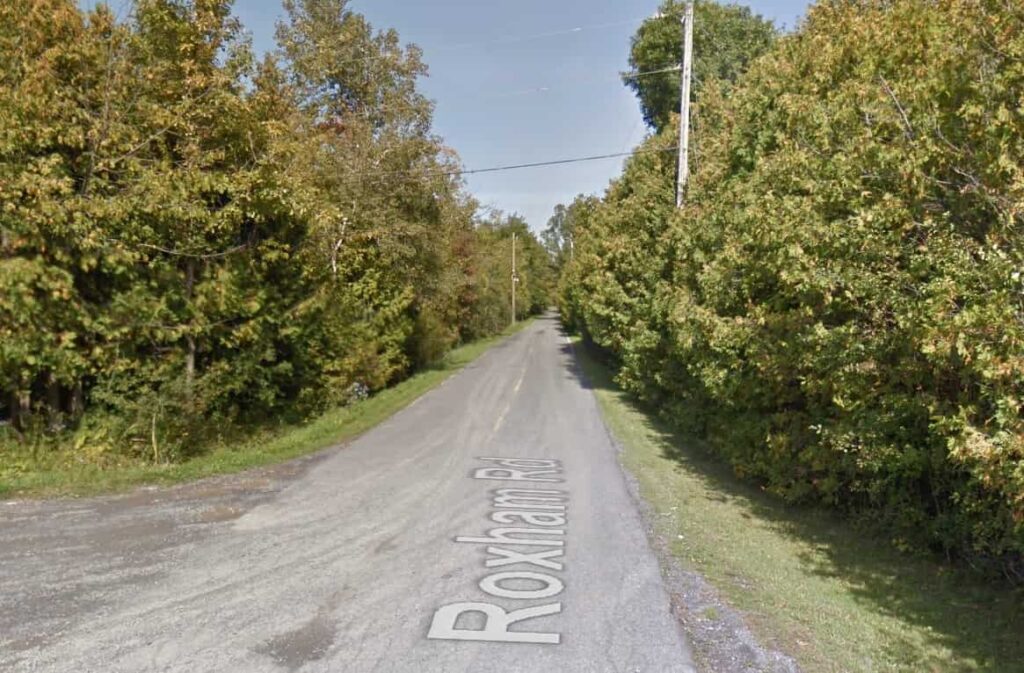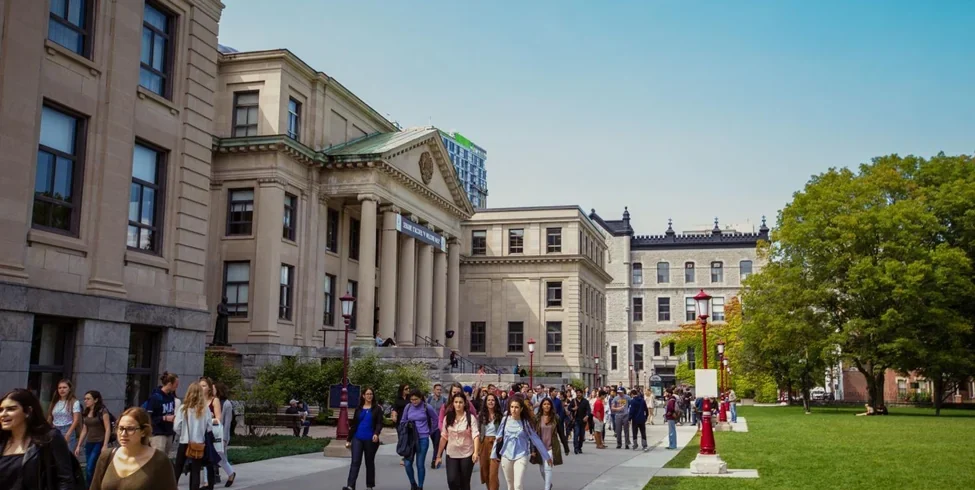
The recent decision by Canada to close the irregular Roxham Road border crossing and the new safe third country agreement reached between President Biden and Prime Minister Trudeau have sparked outrage among human rights activists. For years, the Roxham Road crossing has been a crucial entry point for refugees fleeing persecution and violence in their home countries.
The closure of Roxham Road means that thousands of refugees who were hoping to seek asylum in Canada will now be turned away and forced to return to the United States and possibly their dangerous and unstable homelands. To make matters worse, the new safe third-country agreement between the United States and Canada means that individuals who have already sought asylum in the US will now be barred from seeking asylum in Canada.
First, the Roxham Road closing and the Safe Third Country Agreement could see vulnerable refugees looking for unsafe means to travel to Canada and result in incident leading to harm and death. The recent death of the refugees traversing the St. Lawrence river is a case in point.
If they return to the United States, they will be subjected to the refugee laws of that country which often include detention, long wait times, and huge amounts of money for legal advice. This will undoubtedly lead to increased deportations and cause further harm to people who have already endured extensive trauma and displacement. Human rights organizations have spoken out against this decision, arguing that it is a violation of the fundamental principles of refugee protection and human rights.
The principle of non-refoulment, which prohibits the return of individuals to a country where they may face persecution, is enshrined in international law, yet this decision by Canada and the United States blatantly ignores this obligation.
Furthermore, the closure of the Roxham Road crossing and the new safe third country agreement will disproportionately affect vulnerable communities, including women, children, and LGBTQ+ individuals who are often the targets of violence and discrimination in their home countries. Canada has long been viewed as a beacon of hope for refugees and asylum seekers, welcoming those who have been forced to flee their homes due to persecution and conflict.
However, this decision to close the Roxham Road border crossing and implement the safe third-country agreement reflects a troubling trend towards closing borders and turning away those in need. The Roxham Road crossing and the safe third country agreement reached between the United States and Canada is a severe violation of human rights and a devastating blow to refugee protection. It is our duty as a global community to stand up for the rights of refugees, advocate for their safe and humane treatment, and loudly voice our opposition to any policies or decisions that seek to restrict their access to protection and safety.
Some of the legal issues around the Safe Third Country agreement and the refusal to grant refugees coming through the United States a hearing is currently being challenged for violating Canada’s Charter of Rights and Freedoms. A decision by the Supreme Court of Canada (“SCC”) regarding the constitutionality of certain clauses of the Safe Third Country Agreement is forthcoming.






